Congratulations to the Southern Medical Program Class of 2025 on earning your medical degrees. This year’s graduation class includes 31 new medical doctors educated and trained in the Interior Health region. Meet some of our newest SMP graduates:
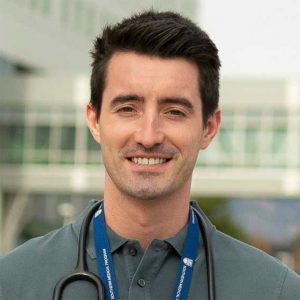 Matt Lavery
Matt Lavery
Hometown: Cranbrook, BC
What attracted you to your field?
What really drew me to emergency medicine was the intellectually stimulating and fast-paced environment. I’m excited by the challenge of addressing a wide array of undifferentiated cases in a single shift. Being able to perform critical procedures and connect with patients during their most vulnerable moments is incredibly rewarding for me. Furthermore, the supportive and collaborative community of ER physicians was a huge factor for me. Working as part of a multidisciplinary team that is united by a dedication to high quality care and mutual support is something I admire about this specialty.
What is your favourite moment from your time at UBC?
My favorite memories from the Southern Medical Program would have to be our annual Big White ski trips. Not only do I love to ski, but having our entire class out on the hill for the weekend will never fail to lift our spirits and remind us just how lucky we are to live in such a beautiful place.
What is one piece of advice you have for students entering your program?
Take it all in and don’t forget to admire your accomplishments. There will always be more topics to learn or another goal to chase, but you only have four years with this cohort. Be kind to yourself and trust the process. I have never regretted skipping a night with my notes for social connection with my peers. Sharing this experience with 30 to 40 incredible like-minded people is exceedingly rare and I know we would give up a lot to keep these classmates with us as we enter the next phase of our lives.
What’s next for you?
I will be staying in Kelowna to complete an Emergency Medicine Residency. I couldn’t be more excited to join this amazing team of clinicians for the next five years! Before I start this program, I will be spending a much-needed vacation visiting with friends, family, and getting some sunshine on the southern coast of France.
What are you looking forward to most about the program you’ve matched to and the community you’ll be joining as a future resident?
Although it will sound cheesy, I am most excited for the people. One of the strongest reasons I chose this program was the sense of community among the current emergency medicine residents and staff at Kelowna General Hospital. As someone who has now lived in Kelowna for seven years, I think I would have a hard time saying goodbye to this amazing city. So now I can continue to spend my winters at Big White, and my summers on the beaches and beautiful trails that surround Kelowna.
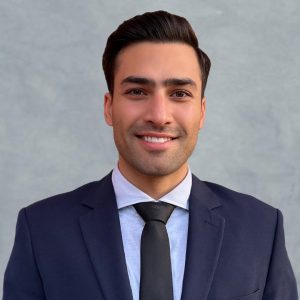 Roshan Behrouzi
Roshan Behrouzi
Hometown: Kelowna, BC
What attracted you to your field?
Family Medicine stood out as a super cool specialty right from the beginning of medical school. Going through various clinical rotations, I was attracted to almost every aspect of medicine and the patient journey and especially enjoyed fields that allowed me to build connections with patients over time. Family medicine was unique in its breadth and flexibility and guaranteed the opportunity to build a diverse and exciting life.
What is your favourite moment from your time at UBC?
My favorite moment from my time in the program is holding a beating heart during my cardiac surgery rotation. I was standing next to the surgeon (being super ultra useful I’m sure) and asked nervously if he could pause his delicate work and let me hold the heart. Thankfully I did not get kicked out of the OR and instead got to hold a real life heart while it pumped. That was a surreal moment I’ll probably never forget.
What is one piece of advice you have for students entering your program?
Beyond hard work and passion, success in this field requires tons of endurance and perseverance. My advice is to regularly devote time to building strong and supportive relationships with your peers. They’ll be a huge source of strength, inspiration, and joy for you as you navigate the inevitable ups and downs of a challenging but rewarding field. Reciprocating the support also provides an inner sense of purpose and fulfillment.
What’s next for you?
I’m moving to Nanaimo to pursue family medicine residency training!
What are you looking forward to most about the program you’ve matched to and the community you’ll be joining as a future resident?
I’m really excited to experience living on Vancouver Island as I’ve heard nothing but great things about the people and the generally laid-back culture. I also hear that the weather is slightly warmer which is a big plus as I’m a bit of a wimp in the cold. I’m excited to dabble in some ocean fishing and maybe learn how to smoke my own salmon. In terms of the residency program, I’m excited to hone my skills in a friendly environment and meet a new group of mentors. I think the longitudinal hospitalist training will be especially fun.
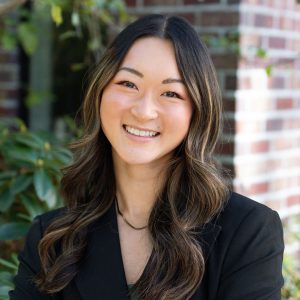 Julie Zhao
Julie Zhao
Hometown: Nanaimo, BC
What attracted you to your field?
Medicine felt like a good fit because I’ve always enjoyed working with people, have a strong interest in health and wellness, and love that there’s always more to learn. I chose family medicine because of its broad scope of practice and strong focus on health promotion and disease prevention. I really appreciate the opportunity to build long-term relationships and care for patients across all stages of life.
What is your favourite moment from your time in your program?
While I really enjoyed the clinical experiences, my favourite part of the program was the people I went through it with. My classmates are truly some of the best people I’ve had the privilege to know. I will never forget our annual ski trips, late-night study sessions, Easter dinner at the CAC library and the times we all went to Mexico together. No matter how busy or stressful things got, there was always laughter, support, and a sense of community. Looking back, it’s those shared moments that made medical school so special.
What is one piece of advice you have for students entering your program?
Don’t be afraid to speak up or give an answer, even if it ends up being wrong. You’ll learn the most from your mistakes. As a learner, you’re in a safe space to make those mistakes, reflect, and grow. Be open, stay curious, and eager to learn. Most importantly, take care of yourself and surround yourself with people who support you.
What’s next for you?
I’m excited to be starting family medicine residency at the UBC Vancouver Fraser site!
What are you looking forward to most about the program you’ve matched to and the community you’ll be joining as a future resident?
I’m looking forward to seeing what training in a larger city will look like and the kinds of patient presentations I’ll get to experience in a busy urban setting. I’m also excited to explore more of Vancouver and the coast.
Nicholas Reitsma
Hometown: Kelowna, BC
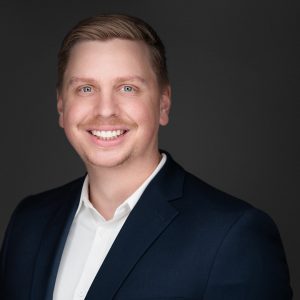 What attracted you to your field?
What attracted you to your field?
From the beginning of medical school, I was drawn to surgical specialties and captivated by the operating room. Early on, I shadowed a vascular surgeon, and for the next three years, I found myself comparing every rotation to that initial experience. The field’s unique combination of open and endovascular techniques, its focus on technological innovation, and the chance to build long-term relationships with patients deeply resonated with me. Attending national conferences and connecting with surgeons from across the country further solidified my interest. The collegiality and close-knit nature of the vascular community confirmed that its what I want to do.
What is your favourite moment from your time in your program?
Between ski trips, vacations in Europe, and celebrating with treats after exams, it’s hard to choose just one favorite memory. But the trips to Big White stand out. While I’m by no means an avid skier—and I couldn’t make it to every trip—spending time with friends away from the hospital and lecture halls was unforgettable. It gave us a chance to relax, reset, and truly connect outside the pressures of medical school.
What is one piece of advice you have for students entering your program?
Medical school is challenging—but it’s challenging for everyone. When things feel overwhelming, or when you make a mistake, remember that you’re not alone. Your classmates are experiencing the same struggles, and leaning on each other makes all the difference. And every attending you work with has stood exactly where you are now. Embrace the challenge, grow from it, and most importantly, extend grace—to yourself and to those around you.
What’s next for you?
Next year, I’ll be starting a vascular surgery residency at UBC. Leaving Kelowna will be bittersweet, but after nine years at UBCO, I’m ready for a change of scenery. I plan to spend the break soaking up time with my wife, parents, and puppy—enjoying the beach, recharging, and making the most of these quiet moments before residency begins.
What are you looking forward to most about the program you’ve matched to and the community you’ll be joining as a future resident?
Over the past couple of years, I’ve had the opportunity to work with many of the residents and attendings in the program, and I’m truly excited to join the team. Like most surgical residents, I’m eager for the chance to be in the operating room—but I also recognize that it comes with a new level of responsibility. I’m looking forward to the learning and growth ahead, and I hope to support and mentor junior trainees along the way.
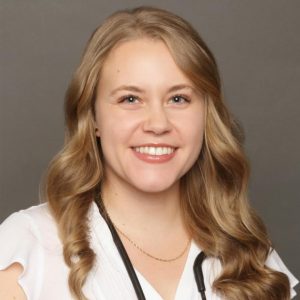 Sophie Jansen
Sophie Jansen
Hometown: Castlegar, BC
What attracted you to your field?
I was drawn to family medicine because it allows me to work with patients across their lifespan and in so many different settings. I love that in family medicine I get to see patients when their well and help them thrive in their lives. I also have a passion for reproductive and sexual health and family medicine has such a big role in working with these patients. I can build trusting relationships with my patients and really get to know them over time.
What is your favourite moment from your time in your program?
The best part of being at SMP was the people. Getting to know my classmates and going through training together was so much fun. It’s so hard to pick a single moment that was my favorite because so many come to mind- CBL, anatomy lab and eating lunch together in first and second year, our 2 class trips to Mexico, starting the SMP medball, or chatting in the lounge at the hospital while in clerkship. However, getting to see everyone so excited about their next steps on Match Day was really special and might be my favorite.
What is one piece of advice you have for students entering your program?
Enjoy yourself and keep an open mind! Four years absolutely fly by and so you should really make the most of medical school by having fun with your peers and not stressing too much about grades while still learning as much as you can. Keep your options open and consider lots of different specialties before making your decision. You will have lots of time in your clinical years that will help you make your mind up so just make the most of the experience in early medical school.
What’s next for you?
I am moving to Nanaimo, BC to start family medicine residency in July. In the future, I would love to have a family practice clinic and do prenatal and maternity care.
What are you looking forward to most about the program you’ve matched to and the community you’ll be joining as a future resident?
I am really looking forward to exploring another part of BC and starting my career in family medicine. Vancouver Island is somewhere I have always enjoyed visiting and so I’m excited to get to know the area a little bit better. I can’t wait to build my skills as a family physician and get to know the medical community there too.
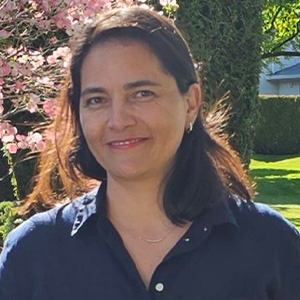

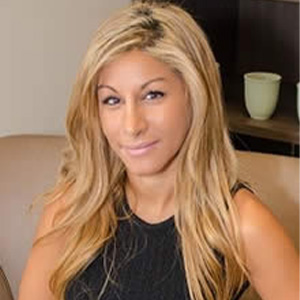
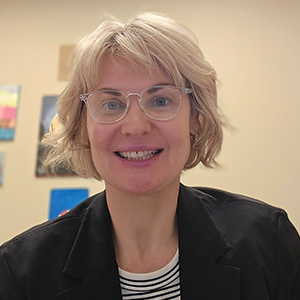
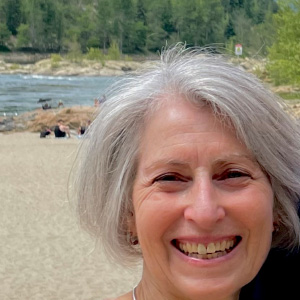
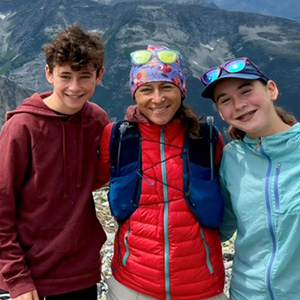
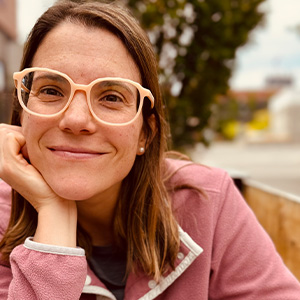
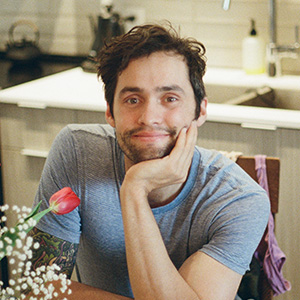
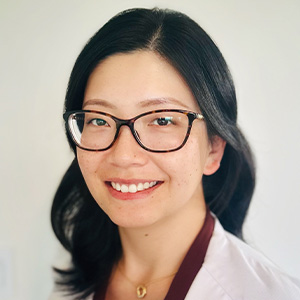
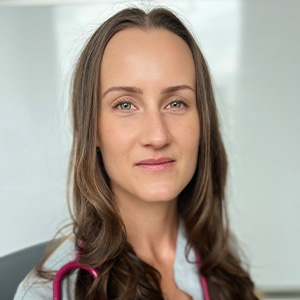
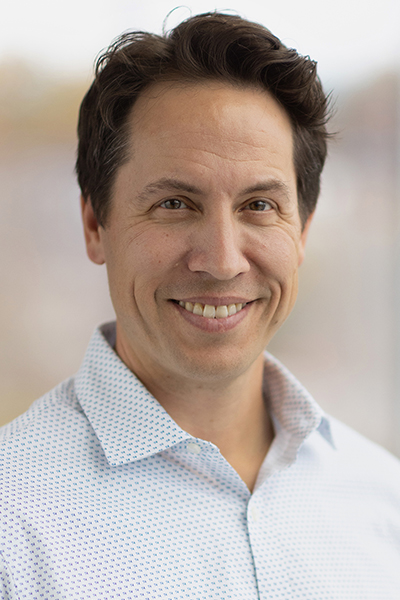
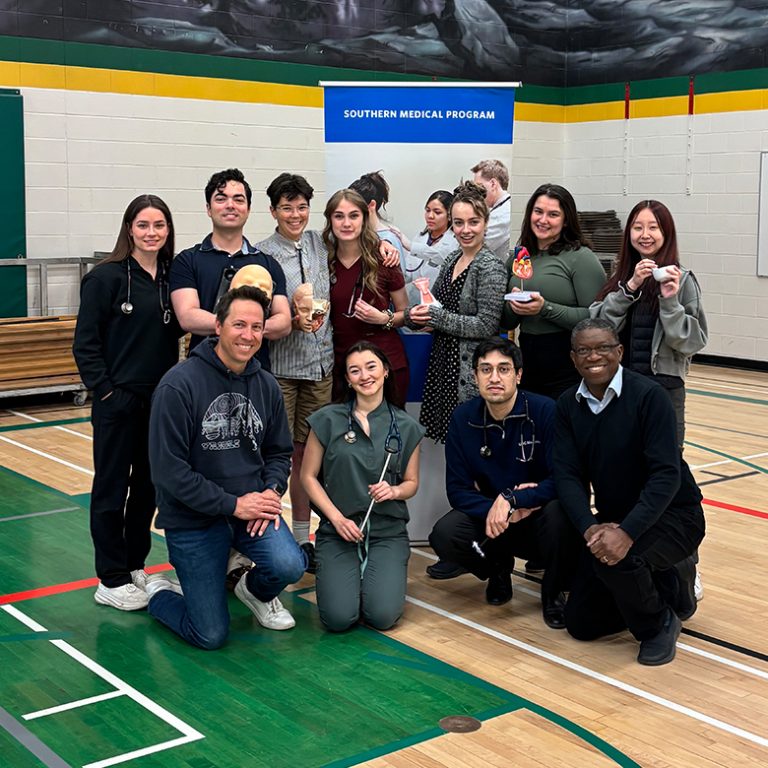 The Healthcare Travelling Roadshow hit the road in early May to present to high school students in Salmo, Creston, and Lumby.
The Healthcare Travelling Roadshow hit the road in early May to present to high school students in Salmo, Creston, and Lumby. Matt Lavery
Matt Lavery Roshan Behrouzi
Roshan Behrouzi Julie Zhao
Julie Zhao What attracted you to your field?
What attracted you to your field?  Sophie Jansen
Sophie Jansen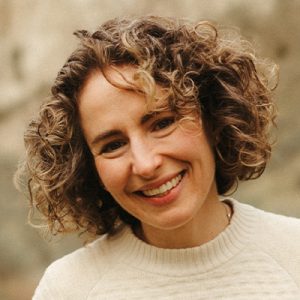 The Southern Medical Program is pleased to announce the appointment of Dr. Brandi Read as the new Clerkship Site Co-Director, Royal Inland Hospital (RIH) for the Southern Medical Program (SMP). Dr. Read is an emergency medicine physician and a Clinical Instructor with the UBC Department of Emergency Medicine.
The Southern Medical Program is pleased to announce the appointment of Dr. Brandi Read as the new Clerkship Site Co-Director, Royal Inland Hospital (RIH) for the Southern Medical Program (SMP). Dr. Read is an emergency medicine physician and a Clinical Instructor with the UBC Department of Emergency Medicine.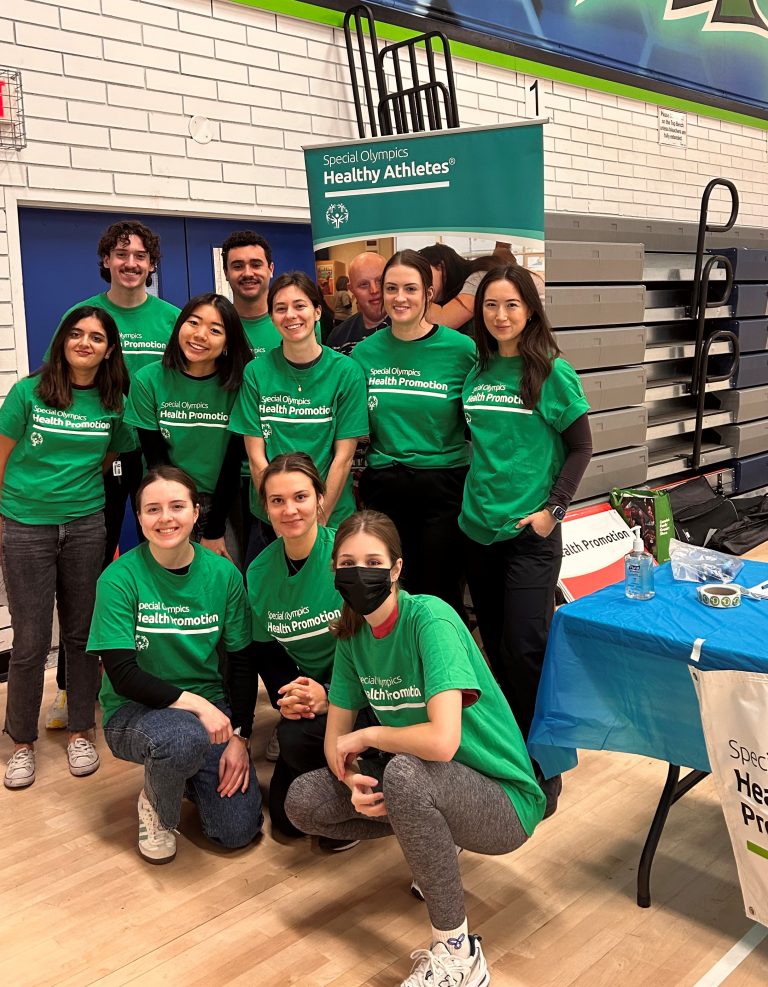
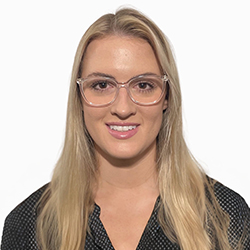
 Dr. Battsetseg (Tseegii) Batchuluun has been appointed the new Foundations of Scholarship (FoS) and Flexible and Enhanced Learning (FLEX) Site Director for the Southern Medical Program (SMP), effective January 1, 2025. Dr. Batchuluun will continue to serve in her role as Assistant Professor of Teaching (tenure-track) for the SMP.
Dr. Battsetseg (Tseegii) Batchuluun has been appointed the new Foundations of Scholarship (FoS) and Flexible and Enhanced Learning (FLEX) Site Director for the Southern Medical Program (SMP), effective January 1, 2025. Dr. Batchuluun will continue to serve in her role as Assistant Professor of Teaching (tenure-track) for the SMP.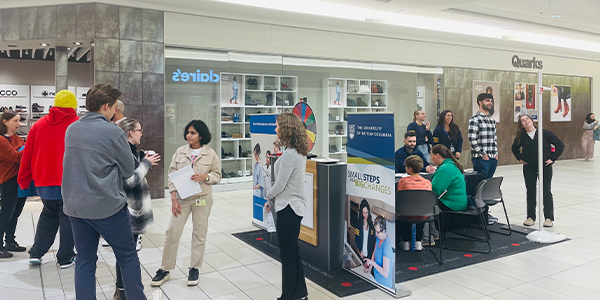
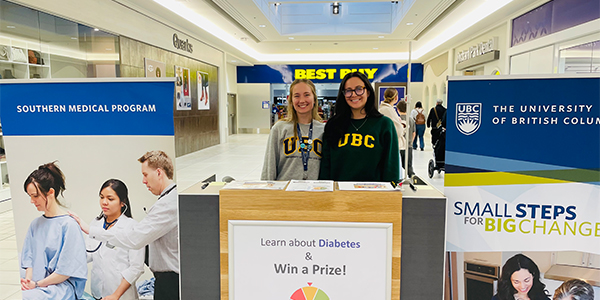
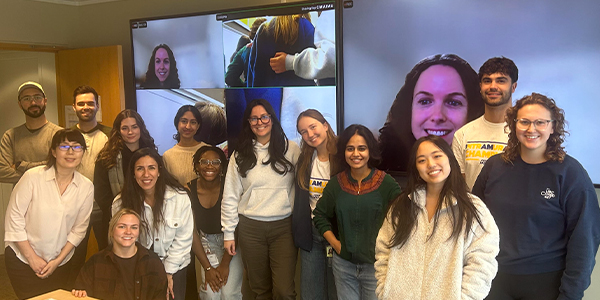
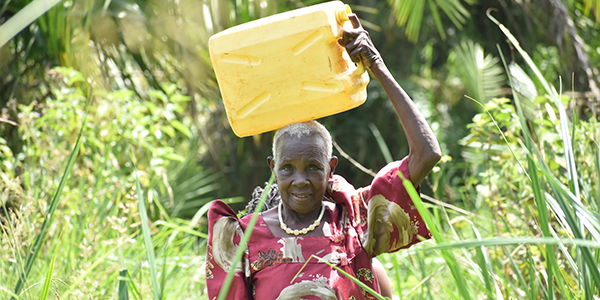
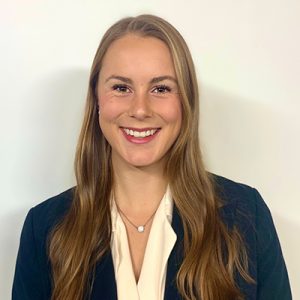
 Amelia Martzke, Year 1
Amelia Martzke, Year 1 Dylan Nemes, Year 3
Dylan Nemes, Year 3 Kayla Korolek, Year 4
Kayla Korolek, Year 4 Richard Mageto, Year 2
Richard Mageto, Year 2 September Stefani, Year 2
September Stefani, Year 2 Quinn D Krahn, Year 4
Quinn D Krahn, Year 4